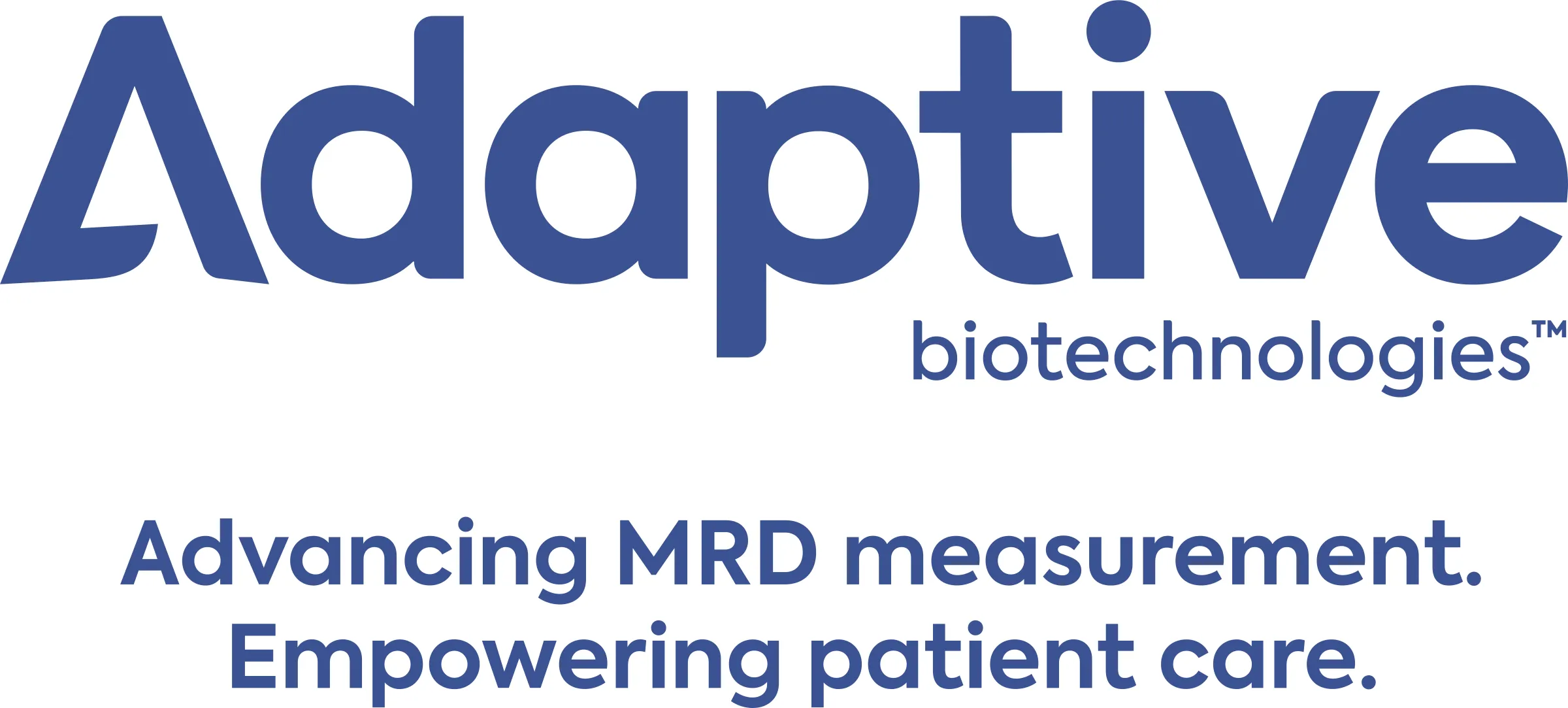Go back to trials list
Study of Isatuximab Plus Pomalidomide and Dexamethasone in Highly Toxicity-vulnerable Subjects With Relapsed or Refractory Multiple Myeloma
Description
This research study aims to evaluate the safety and effectiveness of the combination of isatuximab, pomalidomide, and dexamethasone (Isa-Pd) for the treatment of relapsed or refractory multiple myeloma (RRMM), which refers to multiple myeloma that has returned or has not responded to prior treatment. The study will specifically investigate the impact of administering lower-than-standard doses of pomalidomide and dexamethasone. Using lower doses of pomalidomide and dexamethasone in this setting has not been approved by the Food and Drug Administration (FDA).This study aims to address the challenges faced in selecting appropriate therapy for elderly or highly toxicity-vulnerable patients who are poor candidates for standard (full-dose) chemotherapy regimens. Traditional clinical trials often exclude these patients, limiting the generalizability of available data. This single-arm multicenter phase II study will enroll 49 older and/or toxicity-vulnerable patients with RRMM. The study will
Trial Eligibility
Inclusion Criteria: 1. Written informed consent obtained to participate in the study and Health Insurance Portability and Accountability Act (HIPAA) authorization for release of personal health information (PHI). Consent must be obtained before performance of any study-related procedure not part of normal medical care, with the understanding that consent may be withdrawn by the subject at any time without prejudice to future medical care. 2. Age ≥ 18 years at the time of consent. Documented symptomatic multiple myeloma that has previously responded to therapy (partial response or better) and is relapsed or relapsed and refractory to the last line of therapy. 3. Patients must also be refractory to at least one prior line of therapy that includes an IMiD and/or a PI, and should have received at least 2 cycles of that regimen to be evaluable for refractoriness. Refractory disease is defined as evidence of progressive disease per IMWG criteria within 60 days (measured from the end of the last cycle) after completing treatment with the last anti-myeloma drug regimen. If previously treated with an anti-CD38 containing regimen, the subject must have achieved at least a PR to that line of therapy and must not have received an anti- CD38 mAb for at least 6 months prior to enrollment. 4. Willing and able to adhere to the study visit schedule and other protocol requirements based on the judgement of the investigator or protocol designee. 5. Predicted high risk for severe toxicity from intensive regimens for RRMM, such as standard (full-dose) DPD, DVD, KPD, KRD, Ixa-PD, or Elo-PD as each regimen was published (such regimens often use, for example, twice-weekly bortezomib at 1.3 mg/m2, lenalidomide at 25 mg, or pomalidomide 4 mg). High-risk is defined as one of the following: A. Score ≥ 2 (indicating "frail") on the International Myeloma Working Group instrument (IMWG; Palumbo et al. \[Blood 2015\]) B.KPS ≤ 70 C. Not meeting criteria A or B above but felt by treating clinician to not be a candidate for a standard full-dose regimen on account of prior clinically significant non-hematologic grade ≥3 (NCI CTCAE, version 5.0) toxicity attributed to prior anticancer therapy and/or subject having required dose-reduction of at least two separate anticancer drugs during prior therapy for multiple myeloma. Exclusion Criteria: All subjects meeting any of the listed exclusion criteria at baseline with be excluded from study participation. 1. Anti-myeloma treatment within 2 weeks of cycle 1 day 1 2. Prior treatment with pomalidomide 3. Any monoclonal antibody therapy within the previous 30-days 4. Anti-CD38 monoclonal antibody therapy within the previous 6 months 5. Autologous stem cell transplantation within 12 weeks of day 1 of cycle 1 6. Subjects felt to not be candidates by treating physician for ANY systemic therapy due to excessive comorbidities, frailty, impaired performance status, or other severe limitations. Such limitations can be conceptualized generally as making subjects exceedingly high risk for ANY systemic treatment. These limitations often stem from medical comorbidities unrelated to MM and they are hence unlikely to improve with MM therapy.
Study Info
Organization
UNC Lineberger Comprehensive Cancer Center
Primary Outcome
Overall response Rate (ORR)
Interventions
Locations Recruiting
Lineberger Comprehensive Cancer Center
United States, North Carolina, Chapel Hill
Atrium Health Wake Forest Baptist Medical Center
United States, North Carolina, Winston-Salem
Ohio State University Comprehensive Cancer Center
United States, Ohio, Columbus
Interested in joining this trial?
Our dedicated patient navigators are here to support you by reviewing the eligibility criteria to see if you might qualify for this trial.
Get the latest thought leadership on your Multiple Myeloma delivered straight to your inbox
Subscribe to the weekly newsletter for news, stories, clinical trial updates, and helpful resources and events with cancer experts.
Thanks to our HealthTree Community for Multiple Myeloma Sponsors:






